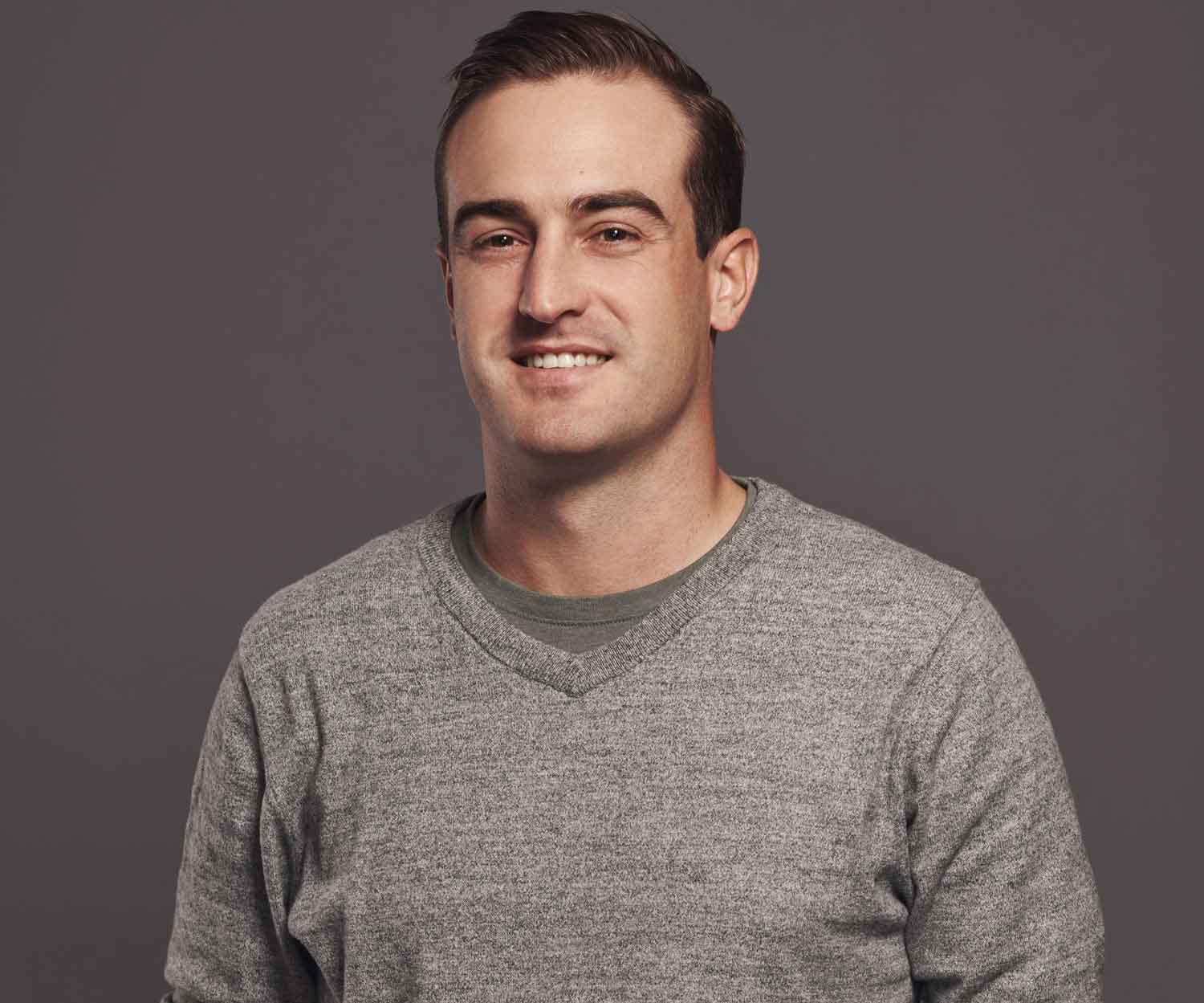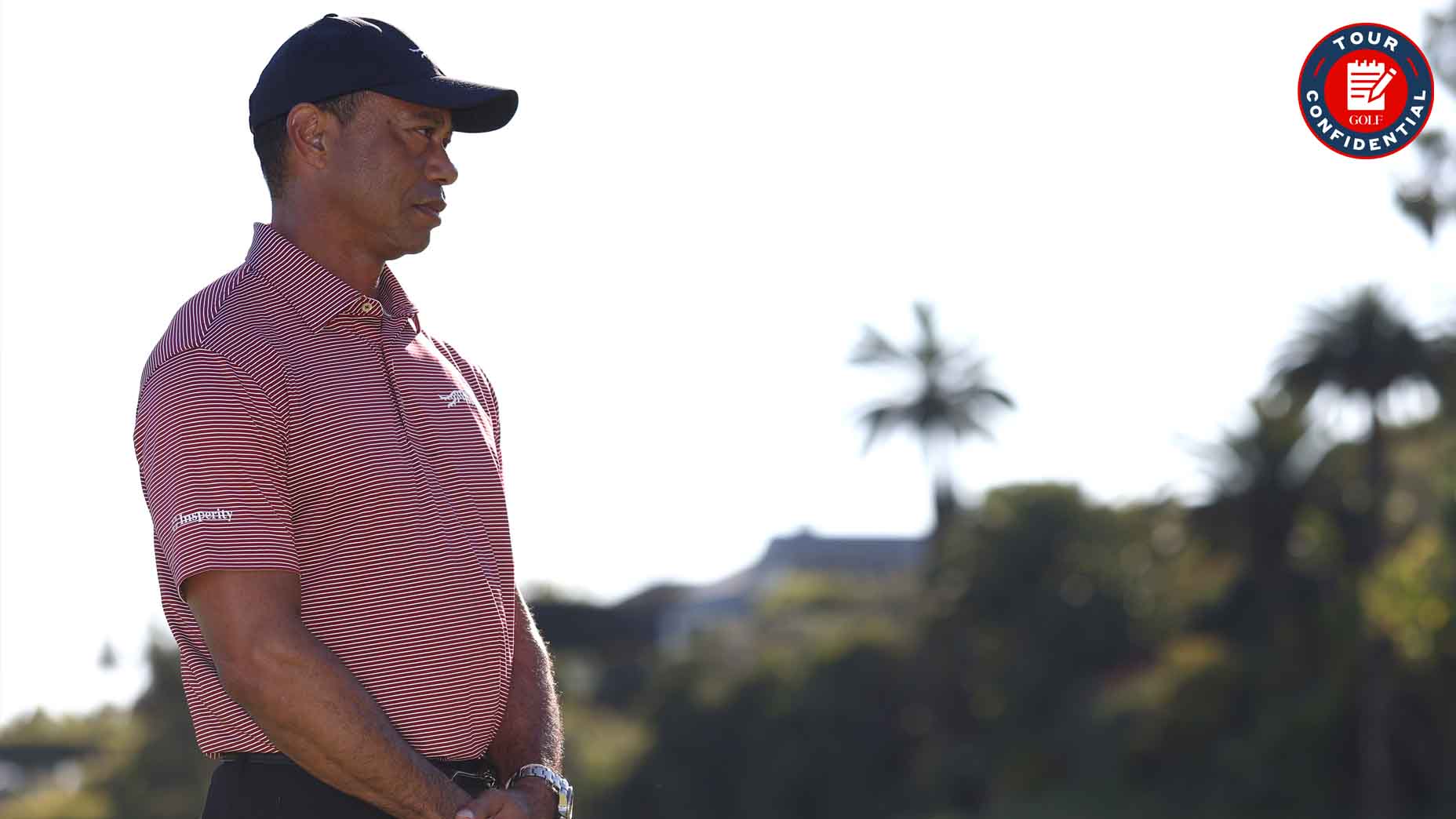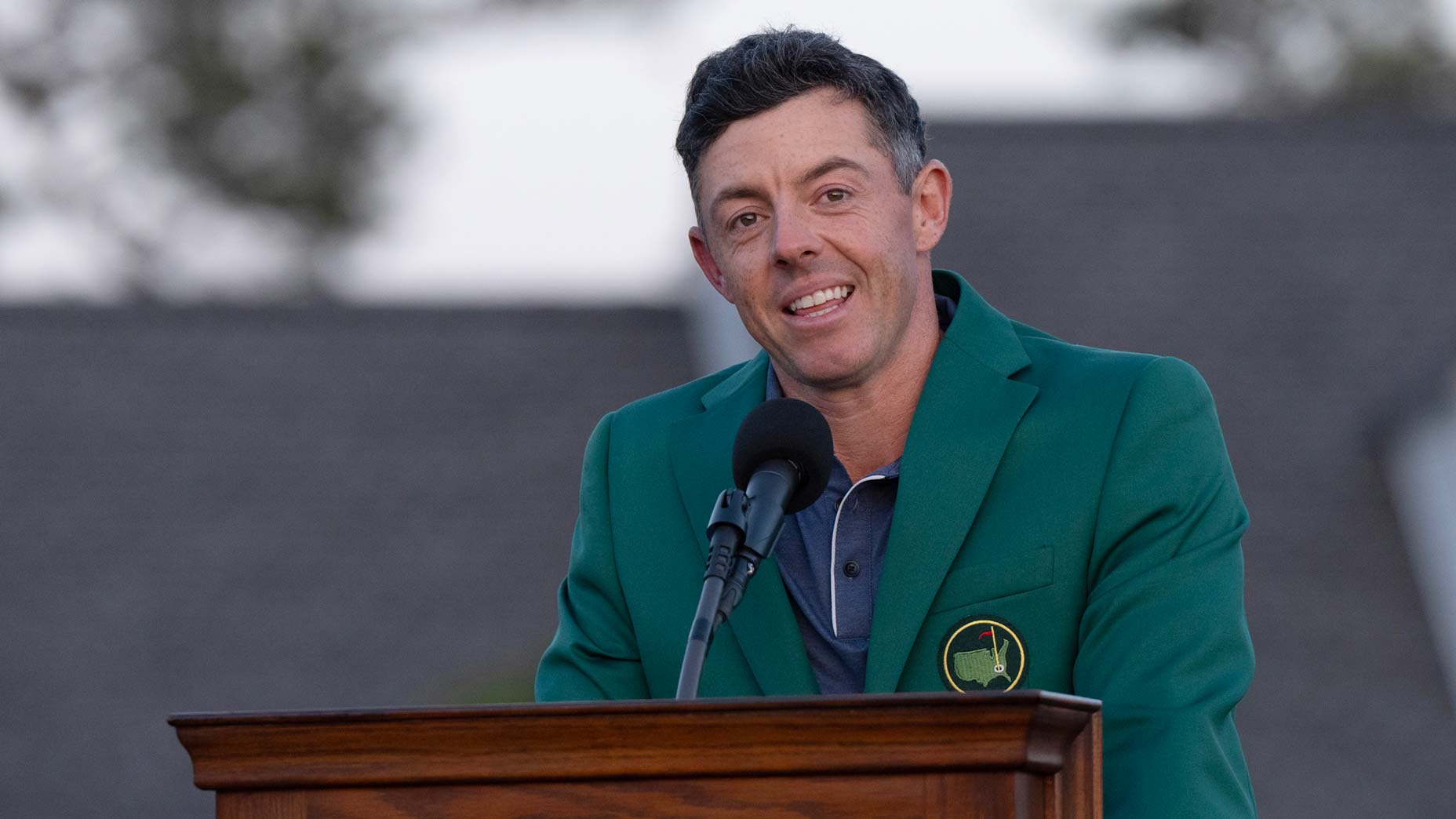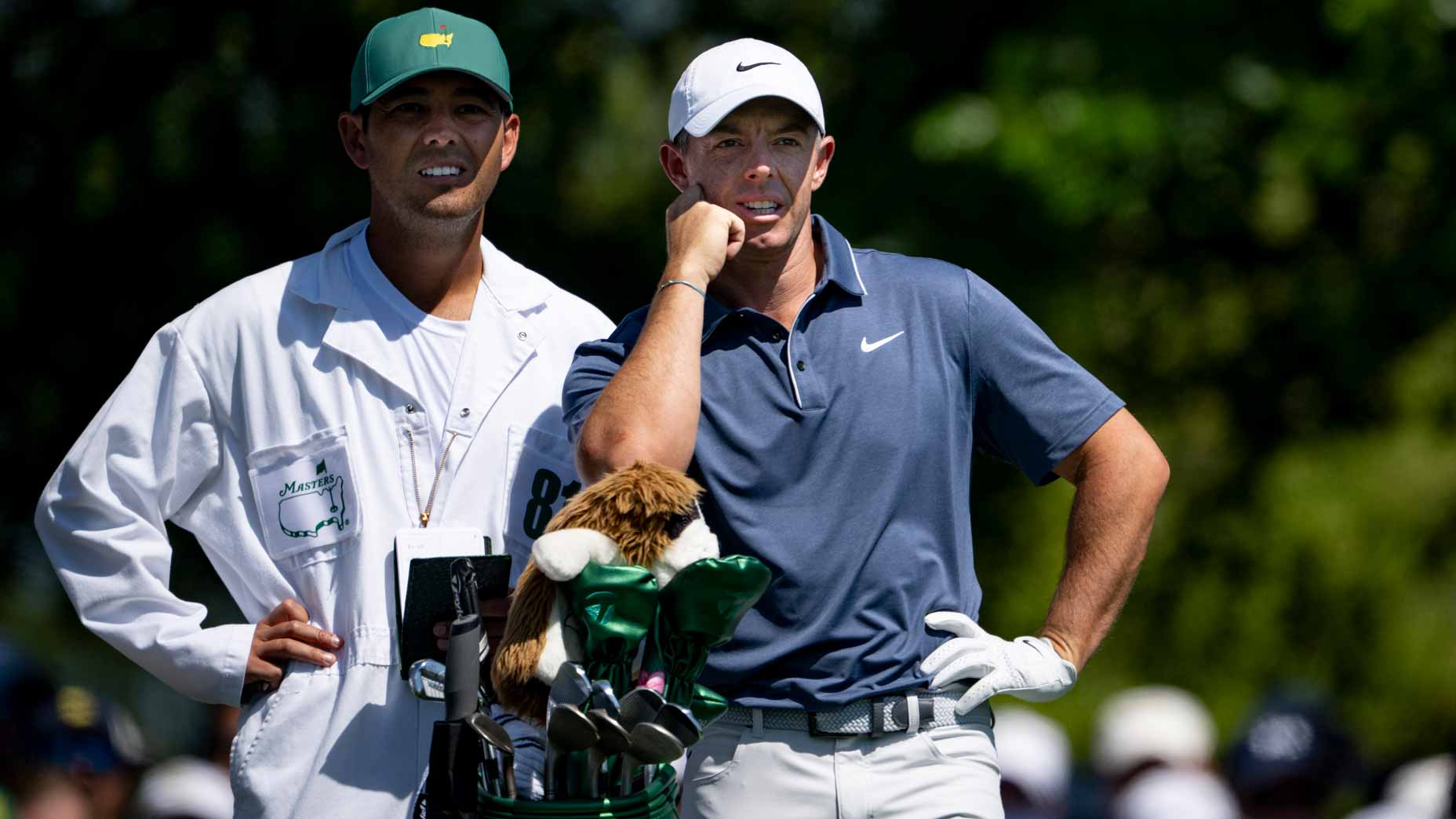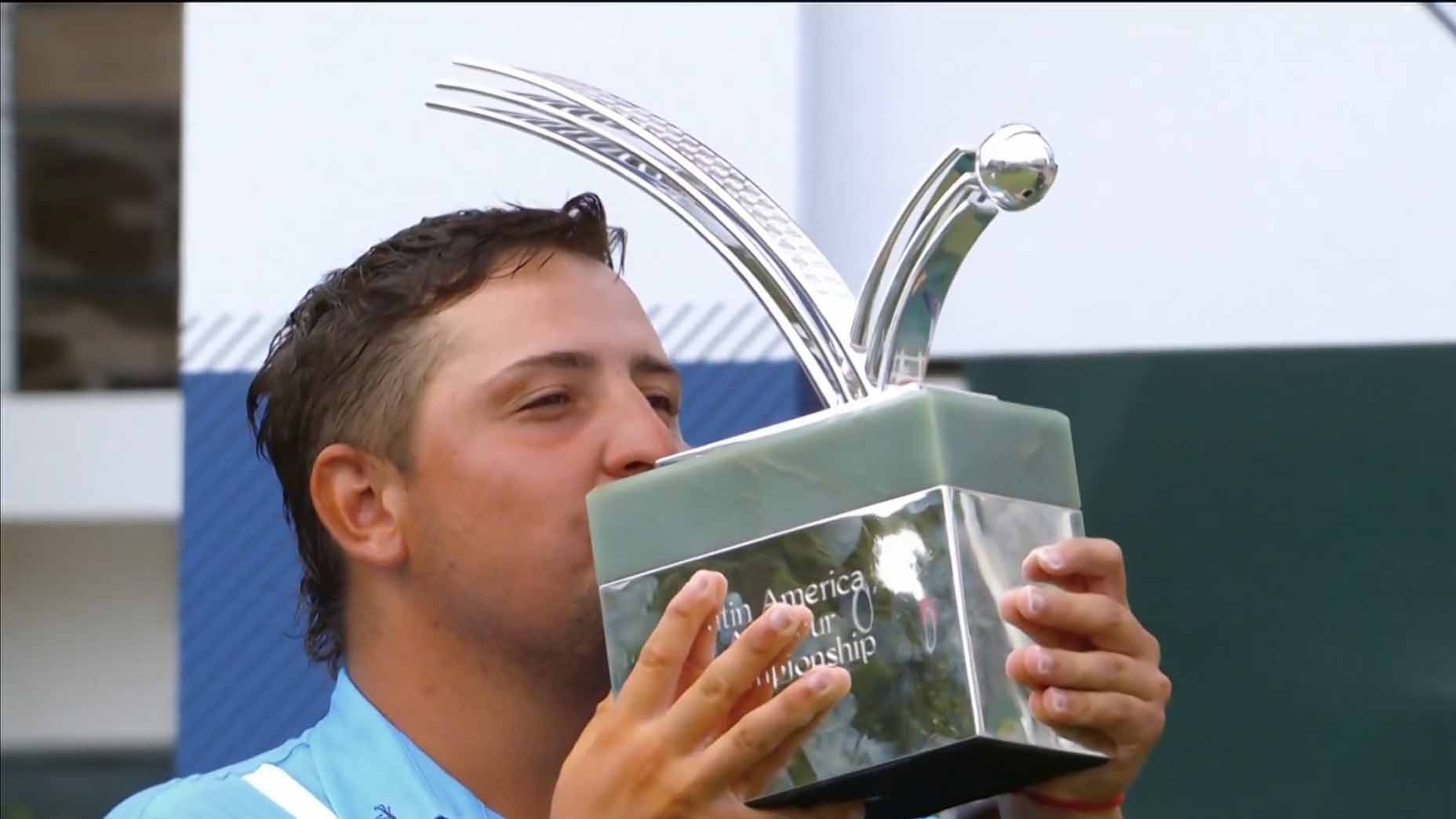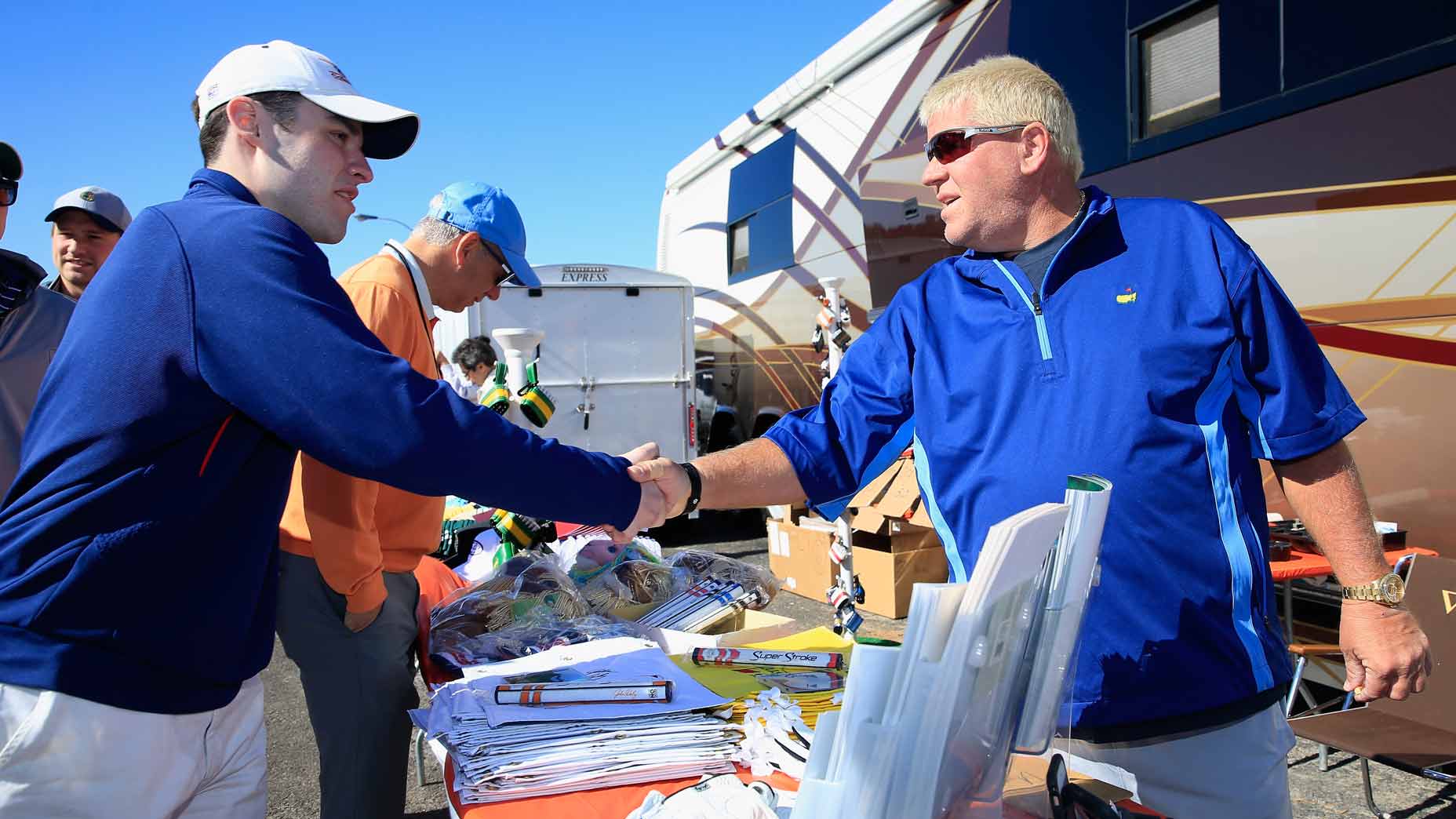The news came on a Monday. That wasn’t typical for Augusta National, known for its formal, Masters Wednesday announcements. The historically segregated golf club — which didn’t allow African-American members until the 1990s — would fund two scholarships (one male, one female) at local Paine College, an HBCU, in the name of Lee Elder, the first Black man to compete in the Masters. The club — which didn’t admit its first female members until 2012 — would also, perhaps more importantly, underwrite the creation of a women’s golf program at Paine.
The irony and history of it all was lost on no one. In 2020 — the year in which George Floyd and Breonna Taylor were killed, inspiring protests of police brutality across the world, and in which the shooting of Jacob Blake motivated parts of the sports world to outright strike — Augusta National felt compelled to honor the man who broke its own barrier back in 1975.
The news introduced many people to a small, private Georgia school that counts its students in hundreds, not thousands. On a quiet campus, emptied out by a pandemic, the excitement lasted for days.
With this opportunity, my wheels started turning. This is actually going to come true for us.
“We had put a little pen to paper [for a women’s program] prior to this, but we hadn’t had an opportunity to see it come to fruition,” said athletic director Selina Kohn, who has worked at Paine for 22 years. “With this opportunity, my wheels started turning. This is actually going to come true for us.”
A giddy pride emanated from the Office of Institutional Advancement. News organizations rang up the communications staff, from local TV stations to The New York Times. It was a six-figure promise that couldn’t have come at a better time.
The men’s head coach, Willie Adams, had recently left the program after being furloughed earlier this year. As of Masters week, invoices for the school using a local course’s facilities had gone unpaid, and as recently as 2016, Paine had hosted an open tryout just to fill out the roster.
But look through the record books and you’ll find multiple SIAC conference championships and frequent all-conference performers in the program’s short history. The athletic department was able to provide 3.5 scholarships annually to male golfers, and had recently sent its entire team to the PGA Minority Collegiate Championship for the first time. Clearly, there is potential at the alma mater of Jim Dent, one of the greatest Black golfers of all-time. With the proper funding, Kohn hopes, maybe Paine could become known for its golf teams.
“I think the catch of it is that you’re going to support the start of a new program and fund it,” Kohn said. “Those are key things that really take the program to a whole other level. When you’re trying to figure out your next steps, you already have about five of your 10 steps already done.”
The sixth step, then, is finding the right coaches (and for those interested, a job posting is coming). Kohn will either hire a men’s coach and a separate women’s coach, or two coaches to co-manage both teams. Those hires will likely take place in the spring of 2021. Her biggest concern is, with the aura of Augusta National now linked to the program, that the pool of applicants might become too big.
Optimistic as that may be, it’s difficult to ignore the gravity of it all. Cameron Champ, one of just four Black golfers on the PGA Tour, was so inspired that he since established two scholarships in his grandfather’s name at Prairie View A&M, an HBCU outside Houston. Kenny Larry, a former fundraising chairman for the Paine golf program, knows how significant one batch of funding can be.
“This is the golf capital of the world and we’re seeing more and more people of color playing golf,” Larry said during Masters week, proudly wearing his Augusta National polo. “If we can utilize Jim Dent’s name and Lee Elder as a spokesperson, or utilize them as an idol, it will make our job that much easier in getting a kid to go out and attempt to play the game of golf, but yet still get an education in the process.”
Successful programs seem to need people like Kenny Larry. He is 64 and a retired military man who plays his golf all across Augusta. Larry calls Elder a close personal friend. When he made his annual call for Dent to take part in the Paine College charity golf tournament, Dent was on the first tee every single year. He’s played with President Clinton and humbly boasts a single-digit handicap. “I’m not gonna be [shooting] in the 90s. Not yet.”
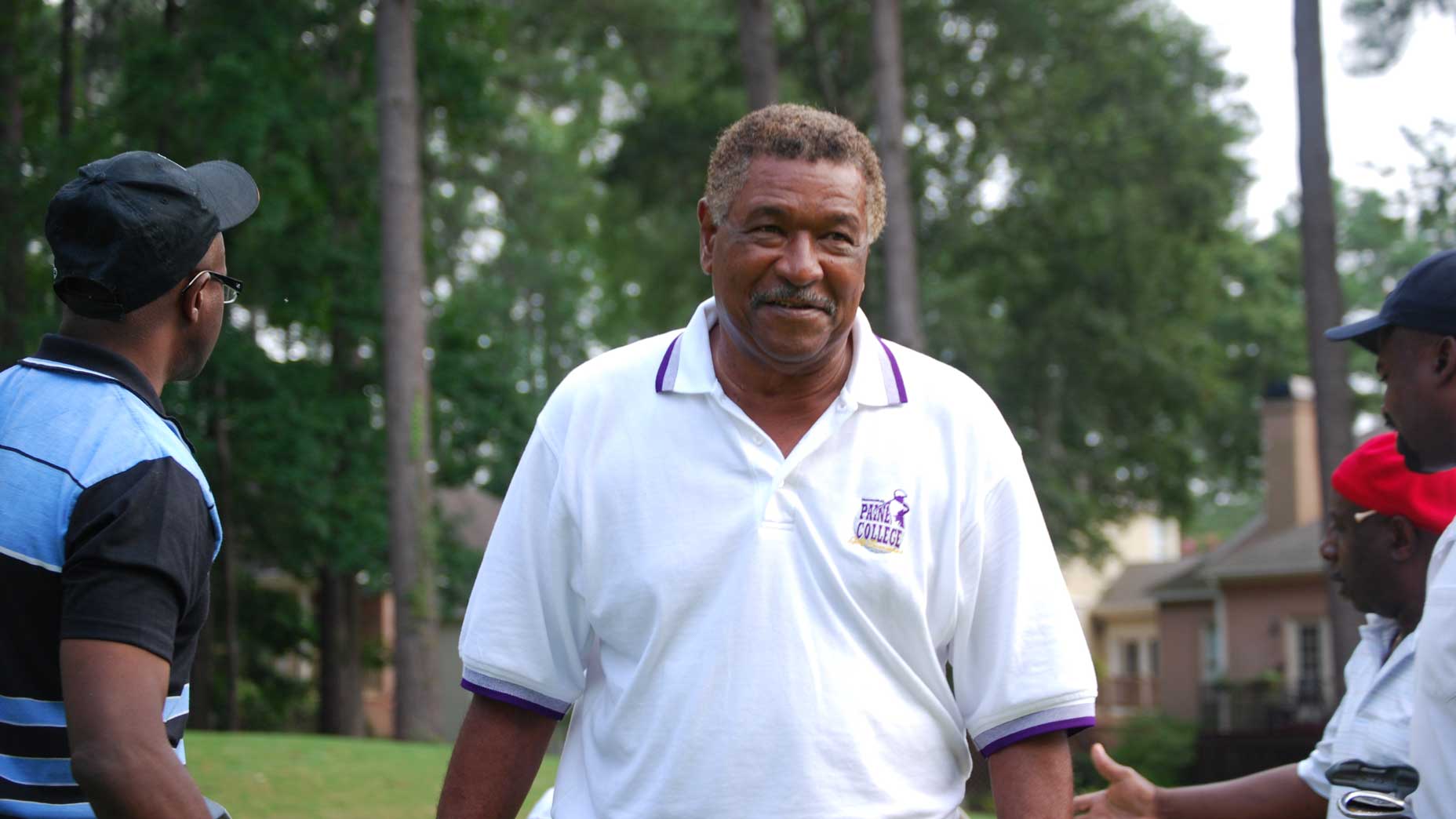
Larry steadfastly believes in the power of the game, and how investment in it can create local momentum. He remembers the Augusta he moved to in 1993. There weren’t many Black people playing golf.
“But now you can go to any golf course around here and it’s not a rarity to see, you know, 10, 12, 14 [Black golfers],” Larry said. “We even have Black golf clubs here in Augusta where we may have 50 Blacks playing one event at one time.”
What does that have to do with Paine? Perhaps nothing; potentially everything. It’s that potential, realized again two weeks ago, that has Larry thinking he’d like to get involved again. This time, he wants to be behind the wheel, driving around the area to help recruit people to Paine College. In his eyes, it’ll be pro-bono — growing the game. He dreams about a future where Paine College golfers are invited to play at Augusta National annually, in the same way collegiate golfers at Augusta State have in the past. When he was asked for his recruiting pitch, Larry kept it short and straightforward.
“You’re going to be starting something special.”
